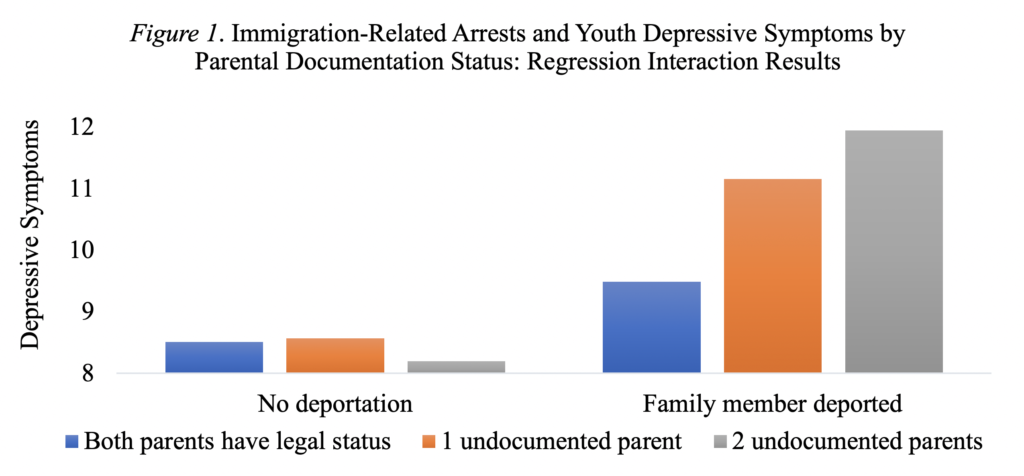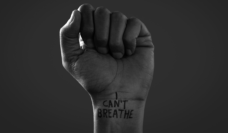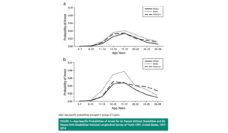Family separations due to immigration-related arrests and deportations led to a barrage of news stories starting in 2018. More recently, however, these stories have been eclipsed by the onset of the Covid-19 pandemic, George Floyd’s murder and racial justice protests, and the 2020 primaries and presidential election. While immigration-related stories briefly penetrated the news cycle from time to time (mainly due to it being a popular topic at several Democratic primary debates), the conversation almost always focused on family separations at the border. By contrast interior immigration arrests, which are equally detrimental, have received little attention.
The US Immigration and Customs Enforcement (ICE) labels detention that occurs in places other than the border “administrative arrests.” These arrests can be the result of a criminal offense (such as property damage), or minor offenses (traffic violations). Some are arrested under the vague offense simply labeled “immigration.” From 2017 to 2019, ICE reported a 25% increase in immigration violations. This changed with Covid-19 as all ICE arrests decreased across the board 2020.
The vulnerabilities faced by Latinx youth residing in the US can be reduced by halting these arrests and developing a process for undocumented parents to become legal residents.
These interior “administrative arrests” can have devastating consequences that look much different than border arrests. Immigrants crossing the border often anticipate the possibility of arrest, whereas interior arrests often occur as unexpected, overwhelming disruptions for families who have resided in the US for some time. Mixed-status families (in which some members are undocumented) are especially prone to “immigration stress.” Typically, in mixed-status families, older members of a family are undocumented, while younger children are citizens based on “jus soli” (being born on US soil). Little research has been done on mixed-status families, immigration-related arrests, and the wellbeing of the children in those families.
We collected data on 661 Latinx seventh graders in a south-central US city to investigate levels of depressive symptoms among youth in certain conditions: witnessing a family immigration-related arrest, having a one or both parents undocumented, or both conditions simultaneously.
The study yielded several noteworthy findings:
- Just over half (51%) of the students reported at least one undocumented parent.
- Youth who reported witnessing an immigration-related arrest of a family member had significantly higher depressive symptom scores compared to youth who had not.
- Depression scores were highest among youth who witnessed an immigration-related arrest and who had two undocumented parents (see figure 1).

While border crossings continue to be the premier story for immigration, interior arrests are equally as important and often overlooked. The vulnerabilities faced by Latinx youth residing in the US can be reduced by halting these arrests and developing a process for undocumented parents to become legal residents. Both would constitute a substantial gain for the well-being of Latinx youth.
President Biden recently signed an executive order detailing a new plan that would create a pathway to citizenship for roughly 11 million people. While the bill faces stiff challenges, it is offering hope to undocumented adults (and their children) that a potential permanent solution is on the horizon.
Photo via Getty Images














